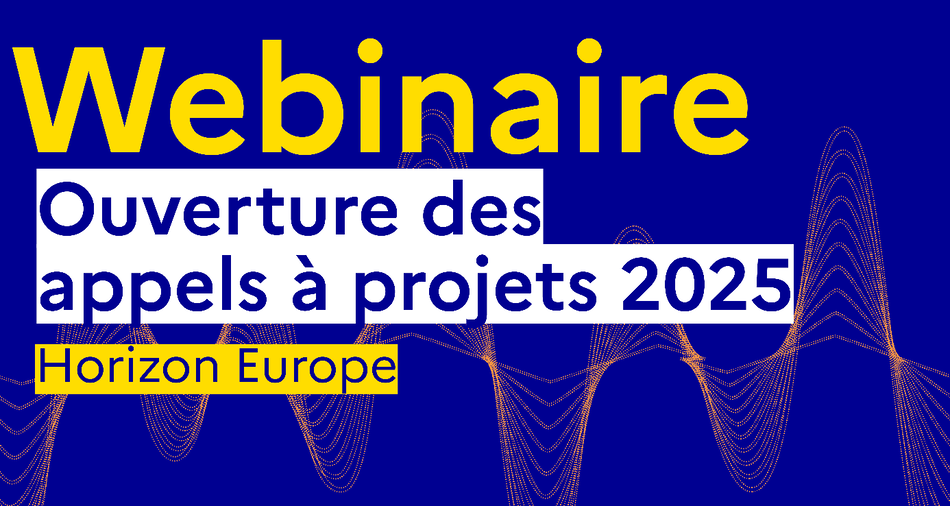Expected Outcome:
Projects’ results are expected to contribute to some or all of the following outcomes:
- European Police Authorities, forensic institutes and other relevant security practitioners are equipped by modern means of chemical analysis (composition) in drugs aimed at facilitating the cross-matching of seized drugs to labs and the establishment of links between cases, including by developing protocols to quickly exchange information on new substances;
- Improved and uniform EU-wide approach for the collection of evidence regarding illicit drugs-related overdoses, that would allow for choosing adequate responses in countering the drug-related problems;
- Improved collection and availability of forensic evidence, that could be used in court by the authorities, in direct violence, kidnapping or human trafficking cases, as well as reinforced prevention of such cases thanks to sensors/kits that are reliable, lawful, fast and easy-to-use;
- Enhanced perception of citizens in public and private spaces that Europe is an area of freedom, justice and security.
Scope:
Proposals are expected to address one of the following options:
Option A: A harmonised European approach is needed on the study of chemical analysis (composition) in drugs, to
1) facilitate the cross-matching of seized drugs to labs and the establishment of links between cases, including by developing protocols to quickly exchange information on new substances;
2) tackle forensic challenges related to illicit drugs-related overdoses.
The production of synthetic drugs in the EU is continuously expanding. The laboratories producing synthetic drugs are becoming more professional and versatile, resulting in an increased production and a greater flexibility in terms of which substances are produced, how they are produced and how/where they are sold.
On the one hand, criminal networks and criminals active in the production of synthetic drugs display a particularly high degree of specialisation. Thus, a modern and harmonised European approach to the analysis of the drugs composition would help to crossmatch seized drugs and illegal drugs markets to labs and make the links between cases, allowing a cross-border exchange of such evidence.
On the other hand, choosing appropriate responses that are likely to be effective in dealing with a particular drug-related problem requires a clear understanding of the problem, supported by the strongest available evidence. However, an obstacle in this process is the very limited or fully absent evidence, as it is the case in finding responses aimed at reducing overdose-related deaths. Namely, autopsies with full toxicology are underdeveloped in many Member States, making comparison at EU level difficult and aggregated numbers on overdose deaths not fully representative. Member States called to make this issue more comparable EU-wide. To this end, a modern chemical analysis of the drugs composition and a unified EU-wide approach would provide a significant support, also in view of commitments of the EU Drugs Strategy 2021-2025.
Option B: A reliable and easy-to-use detection of chemical submission drugs in beverages and urine.
GHB (Gamma-hydroxybutyrate) is one of the drugs known as “club drugs” or “date rape drugs”. Notably when mixed with alcohol, it has a depressant effect and causes drowsiness, rendering the person defenceless and unable to remember what happened. Sexual assaults facilitated by chemical submission drugs have a growing tendency in Europe. Thus, Police Authorities and forensic practitioners need modern methods and technologies that enable better prevention against and investigation of different forms of violence and assault supported by these drugs. To this end, the successful proposal should aim at developing wearable, reusable, portable sensors and/or kits that would provide a fast response, without the need for additional instrumentation, and would be easy to use by Police Authorities in the field (i.e., in places where citizens are more at risk of ingesting GHB drugs through drinks and beverages). Furthermore, such solutions should provide results that are reliable, safe and simple to interpret when looking for and collecting evidence of such drugs that can be used in court. Gender-related impacts as well as legal and ethical challenges of such solutions should be fully considered in the development process.
Coordination among the successful proposals from this topic should be envisaged in order to avoid duplication and to exploit complementarities as well as opportunities for increased impact. Similarly, coordination with projects funded under HORIZON-CL3-2022-BM-01-03: Better, more portable and quicker analysis and detection for customs and HORIZON-CL3-2023-BM-01-04: Interoperability of systems and equipment at tactical level; between equipment and databases; and/or between databases of threats and materials would be welcome.
Proposals funded under this topic are expected to engage with the Europol Innovation Lab during the lifetime of the project, including validating the outcomes, with the aim of facilitating future uptake of innovations for the law enforcement community.





